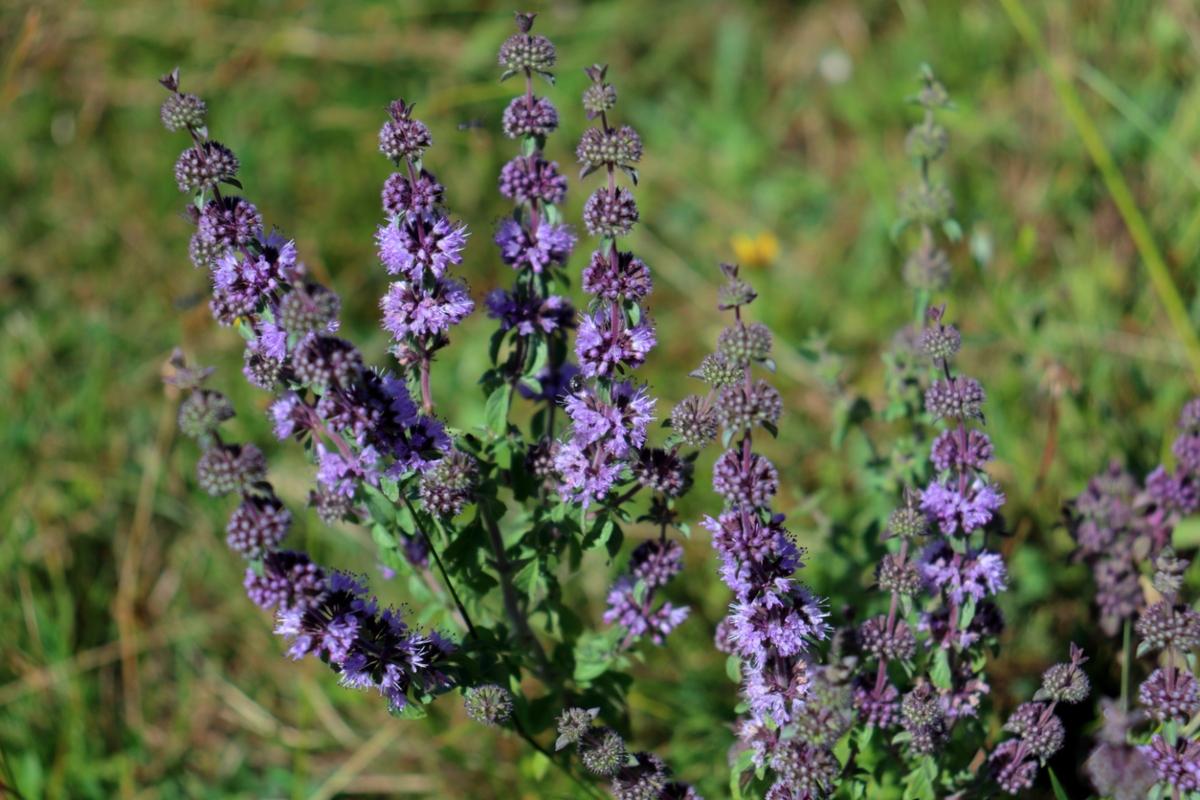As the seasons change, many homeowners find themselves face to face with uninvited guests in their homes mice. These little creatures can be more than just a nuisance; they can cause damage and spread diseases. Fortunately, nature offers a solution in the form of essential oils. In this article, we will explore what essential oils repel mice, how to use them effectively, and how they can create a more pleasant home environment.
Understanding the behavior and senses of mice is key to combating them. Mice are highly sensitive to scent, and strong odors can deter them from invading your space. Many essential oils contain potent compounds that mice dislike. By incorporating these oils into your pest control methods, you can naturally repel mice while maintaining a healthy home.

Top Essential Oils That Repel Mice
Here are some of the most effective essential oils known to repel mice:
Peppermint Oil
Peppermint oil is perhaps the most popular choice when it comes to repelling mice. The strong scent of peppermint disrupts the smell receptors in mice, making it hard for them to navigate and find food sources. What Smells Repel Mice?
Eucalyptus Oil
This oil not only has a pleasant aroma for humans but is also very pungent to mice. Eucalyptus oil can block the pheromones that mice leave behind, which they use for communication. This can make it difficult for them to locate their nests.
Cinnamon Oil
Cinnamon oil has been shown to be a natural repellent for various pests, including mice. The scent is overwhelming to these rodents, providing an effective deterrent when used correctly.
Clove Oil
Clove oil possesses a strong scent that is effective in repelling mice. The eugenol compound in clove oil is especially powerful, making it a great addition to your pest control arsenal.

How to Use Essential Oils to Repel Mice
After identifying the most effective oils, the next step is knowing how to use them. Heres a simple guide to make your own essential oil mouse repellent:
DIY Essential Oil Spray
- Ingredients: 10 drops of peppermint oil, 10 drops of eucalyptus oil, 10 drops of cinnamon oil, a spray bottle filled with water.
- Instructions: Mix all ingredients in the spray bottle. Shake well before each use. Spray around potential entry points, such as doors, windows, and any cracks or crevices.
Soaked Cotton Balls
Another easy method involves soaking cotton balls with your chosen essential oils. Place the soaked cotton balls in areas where you frequently spot mice or signs of their activity. This method is particularly effective for hard-to-reach places.

Where to Apply Essential Oils
Effective placement is critical for oil applications. Here are some recommended spots:
- Doors and Windows: Spray around the frames and entry points.
- Beneath Sinks: Mice often seek refuge in warm places.
- Garages and Basements: Areas that are darker and less frequented are prime spots for mice.

Alternative Natural Remedies
While essential oils are effective, combining them with other natural remedies can enhance their effectiveness. Here are a few methods to consider:
Ultrasonic Repellents
These devices emit a high-frequency sound that is unpleasant to rodents but inaudible to humans. They can complement the use of essential oils.
Plants That Repel Mice
Certain plants, like mint or lavender, can deter mice. Planting these around your home can keep your space mouse-free. For ideas on more plants to use, check out this guide on plants.
The Benefits of Using Essential Oils
Using essential oils for pest control offers numerous benefits:
- Non-Toxic: Unlike chemical repellents, essential oils are non-toxic and safer for pets and children.
- Natural Fragrance: Essential oils leave a pleasant scent in your home.
- Cost-Effective: A little goes a long way; you can create your own repellents at home.
FAQ
1. How effective are essential oils in repelling mice?
Essential oils can be quite effective when used properly. They disrupt mice's sense of smell, making it difficult for them to navigate. However, results vary, and it can take time to see a noticeable difference.
2. Are there any essential oils that should be avoided?
While most essential oils are safe, some, like tea tree oil, can be toxic if ingested. Always research or consult a specialist before using any oil.
3. How often should I reapply the oils?
Essential oils tend to lose their potency over time, especially when exposed to air and sunlight. It is generally best to reapply every few days or after cleaning surfaces.
Conclusion
Understanding what essential oils repel mice allows you to take a proactive approach to pest management in your home. With options like peppermint, eucalyptus, and clove oils, you can formulate effective repellents that also keep your living space fresh.
Using essential oils not only helps ward off mice but also contributes to a healthier, more inviting home environment. Whether you prefer sprays or cotton balls, the key is consistent application and placement. For further insights about natural pest control, you may find interest in natural pest control solutions.
As an Amazon Associate, I earn from qualifying purchases.
